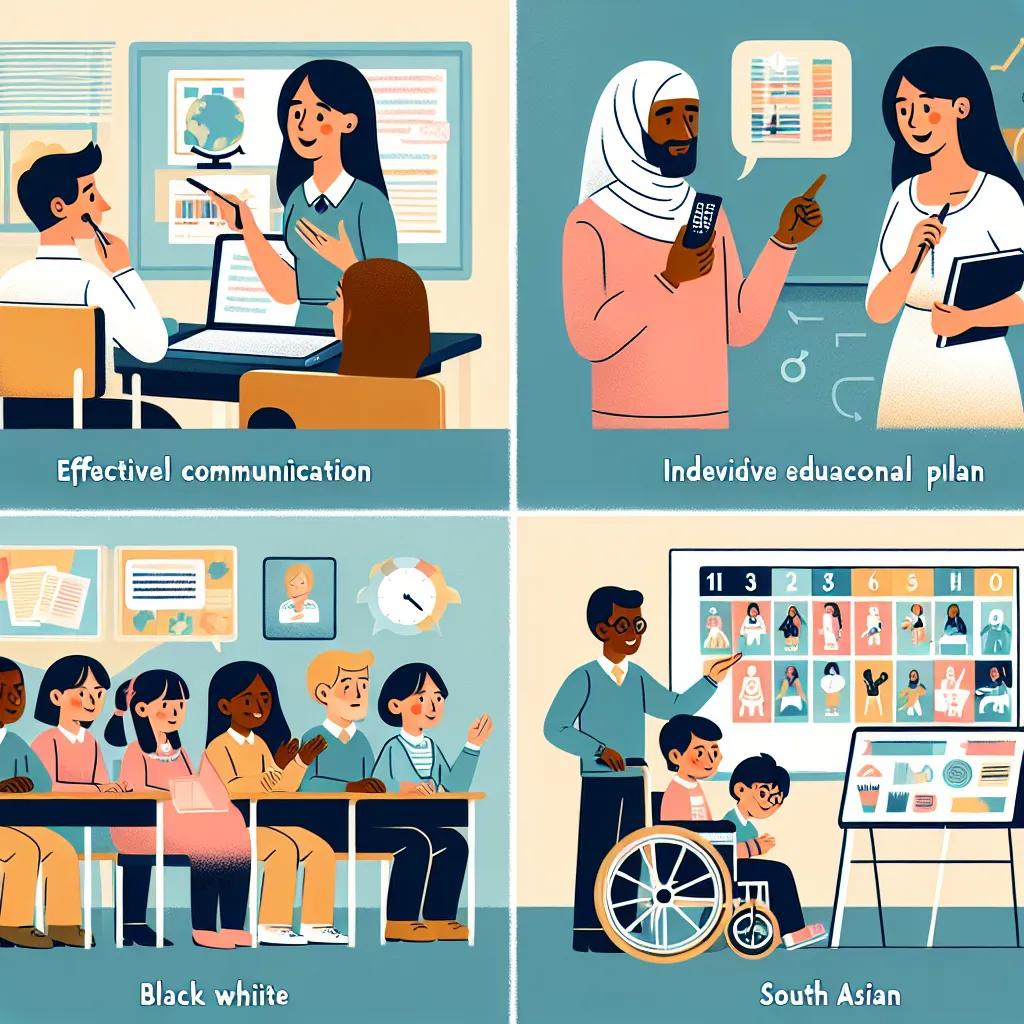Ask AI on The Internet
Question: Promoting diversity and inclusion involves recognising and valuing dimensions of diversity. By embracing these dimensions organisations can foster an environment that values and celebrates the diverse tapestry of human experiences. It is important to recognise that diversity goes beyond singular aspects of a person’s identity, and represents all of the complex characteristics that make an individual unique. By promoting diversity and inclusion, organisations can create a more vibrant and harmonious work environment that values the contributions of all employees. Developer’s piece of view As the CEO of a successful private college in South Africa, you are required to give a presentation to your employees about the various dimensions of diversity and inclusion within the workplace. Required: From the background provided discuss the various dimensions of diversity and inclusion. (15 marks) Your essay must consist of the following: A brief introduction of what diversity and inclusion are providing examples to enhance your answer. (4 Marks) The body of content (explaining the various dimensions of diversity and inclusion). (8 marks) A conclusion that is detailed and provides a constructive concluding argument as to why organisations should promote diversity and inclusion ( 2 marks) List of references (use Havard referencing) (1 marks) Your essay must consist of 250-300 words
Introduction (4 Marks) Diversity and inclusion is the act of enhancing mutual respect and understanding by accepting, recognising, and valuing each other's perspectives, experiences, and contributions. An example can be the conscious effort by corporations to recruit employees of different ethnicities, genders, age groups, or disabilities. This allows diverse ideas to flourish, promotes continuous innovation and helps firms to better serve their diverse client base. Body (8 Marks) There are several dimensions to diversity and inclusion. Firstly, individual diversity refers to personal characteristics such as race, ethnicity, age, gender, religious beliefs, physical abilities, and socio-economic status. These represent the most visible layers of diversity. Secondly, there's internal diversity, which includes inherent traits like race, sexual orientation, nationality, and physical capabilities. These are unchangeable and form one’s core identity. Next, external diversity includes personal choices and life experiences such as religion, education level, marital status, geographic location, life experiences, and personal preferences. These provide perspective that could enrich the workplace with various viewpoints. Fourthly, organisational diversity encapsulates various roles within a company, work style, and departmental membership. Having a variety of roles is crucial to foster creativity and innovation. Lastly, world view diversity is a person's mental model of the world which is shaped by collective experiences. By recognising and appreciating different world views, companies can promote understanding and harmony. Conclusion (2 Marks) Promoting diversity and inclusion is vital for both moral and business reasons. Simply put, diverse workplaces are more competitive, innovative and reflective of our increasingly globalised world. Secondly, expectations about the standard of corporate behaviour are rising. Stakeholders increasingly demand that companies foster environments that embrace diversity and inclusion. Therefore, it's not just responsible – it's strategically sound to advance diversity and inclusion. References (1 Mark) 1. Robbins, S. P., Coulter, M., & DeCenzo, D. A. (2017). Fundamentals of management. Pearson. 2. Cox, T., & Blake, S. (1991). Managing cultural diversity: Implications for organizational competitiveness. The Executive, 5(3), 45-56. 3. Thomas, R. R. (2005). Building a house for diversity. AMACOM Div American Mgmt Assn.
A new large language model has been made available since this question was asked.
To generate an updated answer from the new model, click the button below.
Think your answer is better than the AI's? Post it below.
Other Most Relevant Posts:
 Embracing Diversity: A Holistic Approach to Inclusion in the Workplace
Introduction:
Diversity and inclusion encompass a wide array of dimensions that contribute to the richness of human experiences.
Embracing Diversity: A Holistic Approach to Inclusion in the Workplace
Introduction:
Diversity and inclusion encompass a wide array of dimensions that contribute to the richness of human experiences.
Question Tags
If you want your question answered by an AI, click here.






Post your own comment: